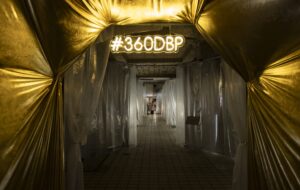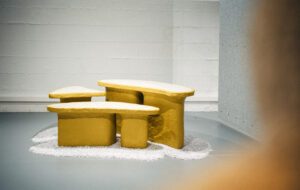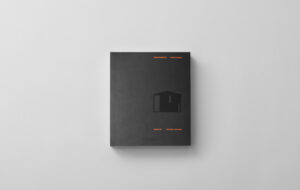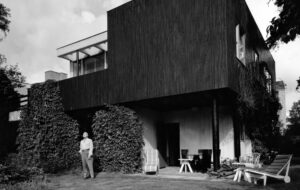Developed by Interaction Research Studio, the makeshift devices allow playful forms of communication to connect those separated by the pandemic
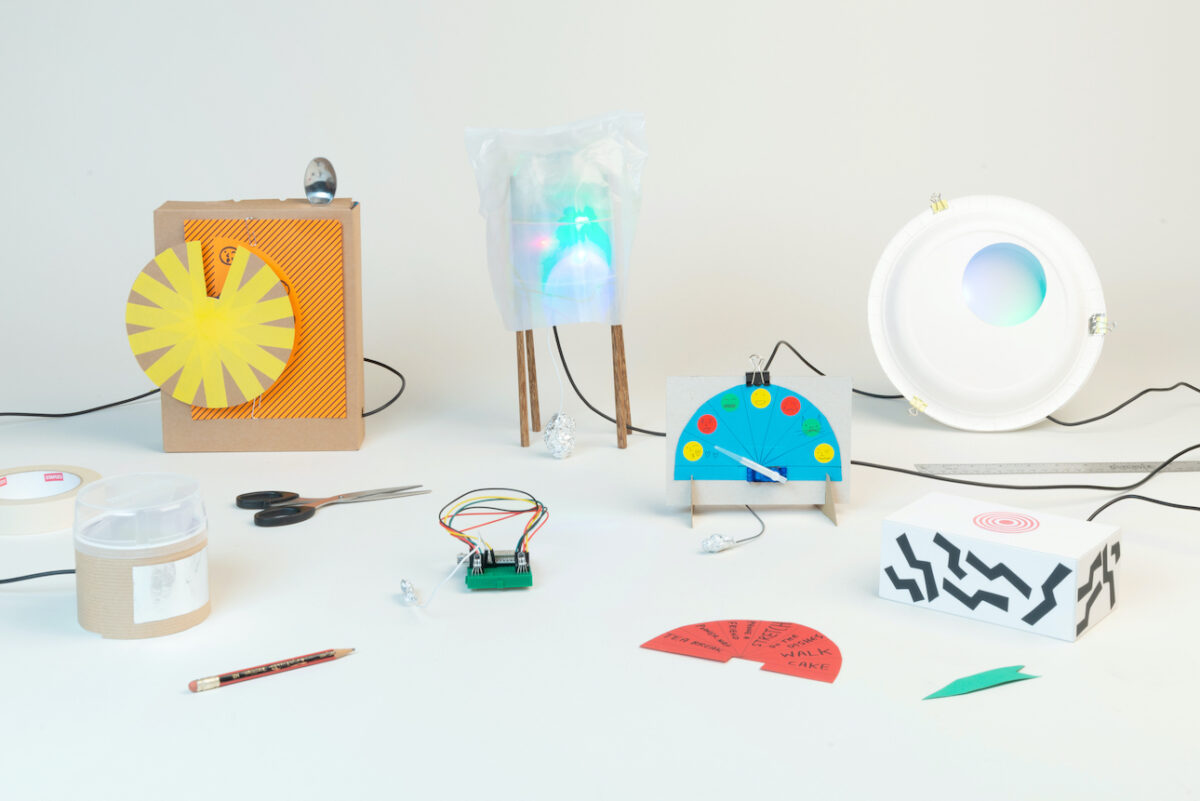
Words by Francesca Perry
In the UK, a third national lockdown triggered by the spread of Covid-19 means we are, once more, confined largely to our homes. And many (like me, I will be honest) are alone. Tools like Zoom continue to play a big role in keeping us connected to one another, but sometimes video calls just aren’t the form of remote communication we want (‘Zoom fatigue’ is real, and you know it).
London-based Interaction Research Studio, however, has created a range of playful, makeshift devices – called Yo-Yo Machines – that allow long-distance communication through light, sound and movement. Want to say hi to a family member in another country but too busy or exhausted to schedule a call? Well, send them a friendly light signal instead. And they can send one back.
Developed with UK Covid-19 research funding, Yo-Yo Machines aim to support people separated from friends and family. The internet-connected devices come in pairs and can be built by people at home by following simple instructions to assemble off-the-shelf components. ‘In most cases, we imagine people making a pair of devices and sending one to a friend or loved one,’ explain the designers.
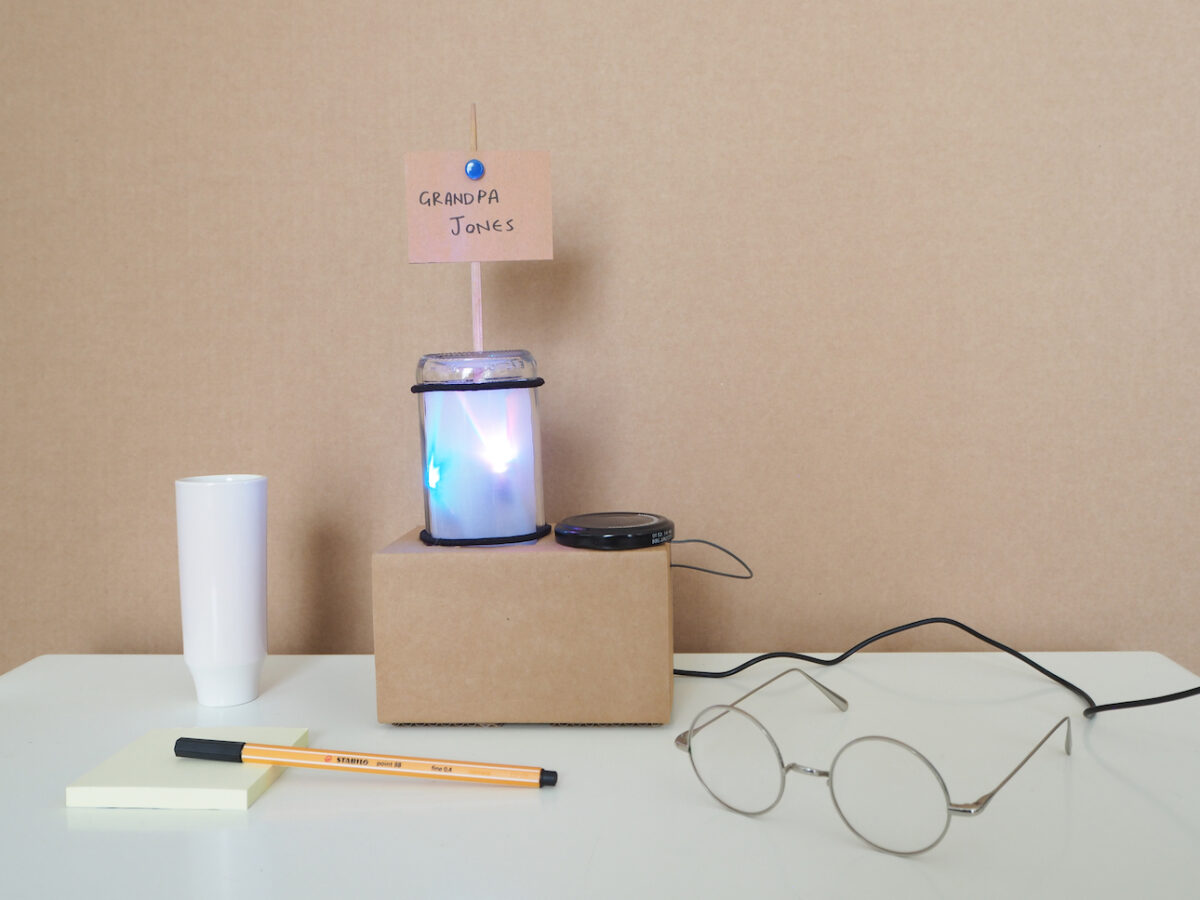
One, ‘Light Touch’, lets users send slowly fading coloured lights to one another. Bill Gaver, co-director of Interaction Research Studio, has been using a pair with his US-based 92-year-old mother. ‘When she sends me a light from California it feels like she’s right next to my desk in London. It’s also really nice when I wake up or return home and find a light she’s sent earlier, and she says she looks for a light from me particularly when she gets up at night.’
The ‘Knock Knock’ device allows you to send tapping sounds to others. Knocking on one of the devices causes an identical knocking sound on the other, wherever it is in the world. ‘Speed Dial’, meanwhile, is like a mood barometer – a pointer can be moved on one device to indicate your mood from a set of options, and your partner can respond with theirs.
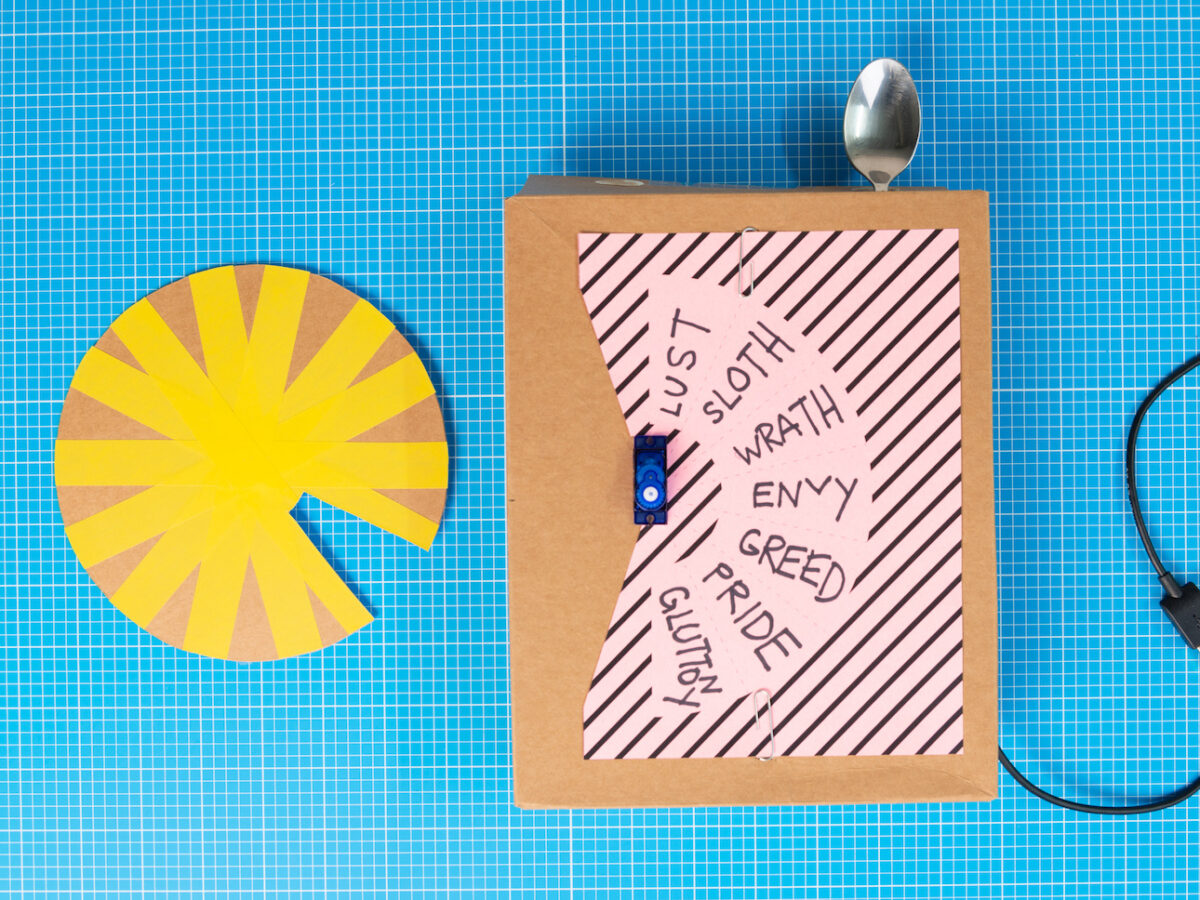
‘Anybody is welcome to make our designs, or adapt them to suit their own situations and creative ideas,’ explains the studio. ‘We will be collecting people’s new Yo-Yo Machines and sharing them via our website and social media channels – and we’ll be releasing more devices, too, in the coming months.’
Yo-Yo Machines build on at least 30 years of research into systems that support peripheral and emotional awareness remotely. Based at Goldsmiths, University of London, Interaction Research Studio uses design-led methodologies to explore innovative technologies for everyday life. It produces prototype products embodying new concepts for interaction, focusing on encouraging playfulness, exploration and insight in a wide variety of domains.


